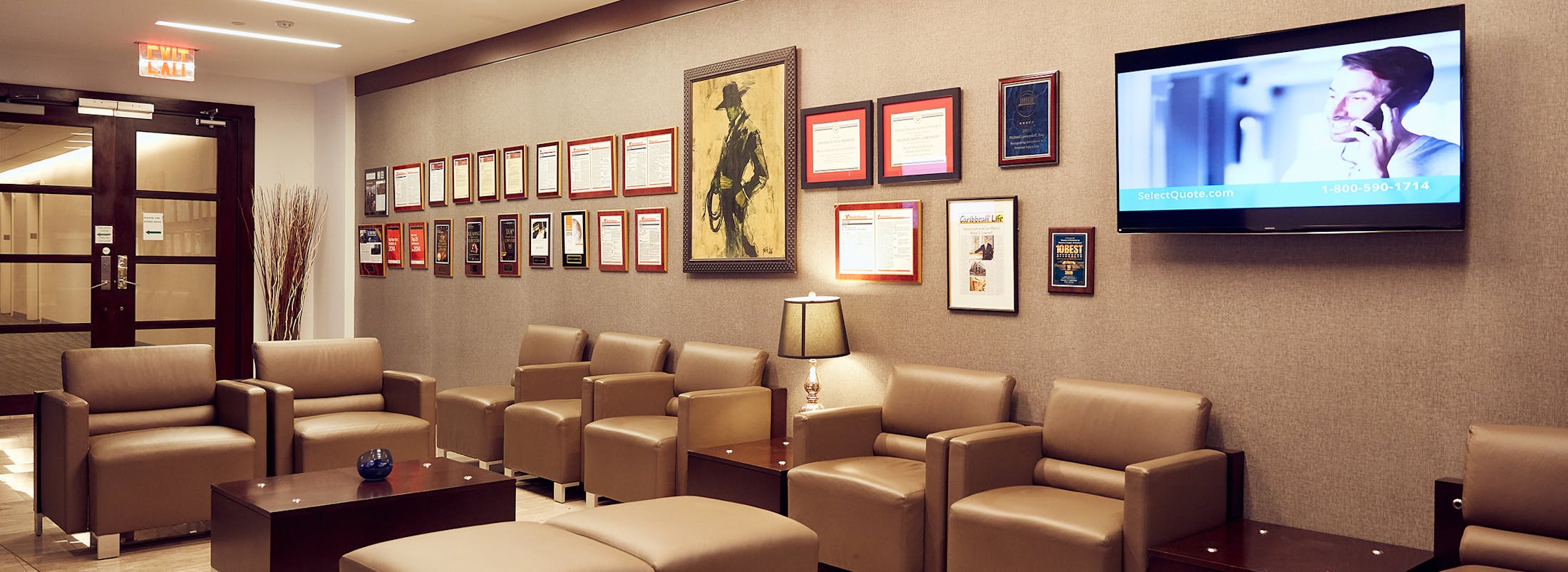HOW TO DEAL WITH POLICE ENCOUNTERS IN NEW YORK
In 1976, New York’s highest court set forth a four-level test to evaluate the reasonableness of police encounters initiated by the NYPD. The purpose of the test was to provide clear guidance for police officers about what they can and can’t do in ordinary interactions with individuals on the street. So, what can a police abuse law firm do to help?
It also established a way for courts to review police conduct – and for you to understand your own rights and responsibilities in interactions with the police.
What Are Your Rights When Dealing With Police?
Level 1 – Request for Info As long as an officer has an “objective, credible” reason to approach an individual on the street– even if the reason has nothing to do with crime – the officer may ask a person for information about his or her identity, address, destination, or reason for being in a particular location. Requests for information are usually brief and lacking in harassment or intimidation. During this type of police encounter, the officer may not stop, detain, search or frisk the person.
Level 2 – Common Law Right of Probe Once a police officer has a “founded suspicion” that there is wrongdoing or some criminal activity afoot, the officer may ask more pointed questions that would lead a person to believe that he or she is suspected of a crime. An officer has a reasonable suspicion of criminal activity if he or she received a tip regarding a criminal matching the individual’s description or if the officer notices what appears to be a weapon or drugs. The questioning may be accusatory and longer, but not threatening. During this type of police encounter the officer may ask for permission to search the individual, but the officer is not permitted to forcibly detain or follow him or her. The individual remains free to leave.
Level 3 – Reasonable Doubt to Stop An officer can by force stop, detain and pursue a person when the officer has reasonable suspicion that the person has committed, is committing or is about to commit a crime. Whenever a police officer observes unusual conduct that leads him to conclude that there is criminal activity, he has a reasonable suspicion. If the officer has reason to believe that the individual is armed or poses a threat, the officer can conduct a frisk. During this type of police encounter the officer may not perform a full-fledged search for evidence. Depending on the circumstances, the officer may handcuff or order the person to lie on the ground.
Level 4 – Probable Cause to Arrest If while the police encounter is happening the officer has probable cause, the officer may arrest the individual. An officer has probable cause when there is sufficient evidence to convince a person of ordinary intelligence and that it is reasonably likely that a person has broken the law. If an officer has probable cause with respect to an individual, the police officer may detain that person on the street without an arrest warrant and may search the individual without a search warrant.
Can An Attorney Help With Unlawful Police Encounters?
Any time you come up against a police encounter, remember to assert yourself. At NO point should you ever need to be disrespectful during a police encounter or get in their way. However, don’t allow them to disrespect you during a police encounter. Their job is to serve a purpose and we need to trust the NYPD for that. You can protect yourself from police encounters just knowing what your rights are and if you use them. If you have questions or concerns about a police encounter you experienced, please contact us online or call our office at 212-962-1020 (toll-free at 877-MSL-4LAW or 877-675-4529) to schedule an appointment.
Our phones are answered 24 hours a day, seven days a week. As per New York State law, we will only get paid if we win your case and recover compensation for your losses. Don’t let another police encounter happen again without knowing your rights!

